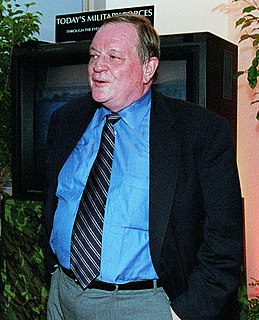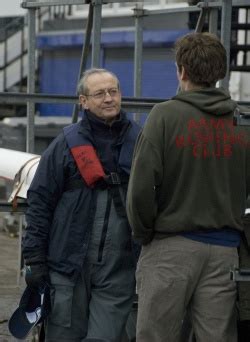A Quote by Aldous Huxley
Abused as we abuse it at present, dramatic art is in no sense cathartic; it is merely a form of emotional masturbation. It is the rarest thing to find a player who has not had his character affected for the worse by the practice of his profession. Nobody can make a habit of self-exhibition, nobody can exploit his personality for the sake of exercising a kind of hypnotic power over others, and remain untouched by the process.
Quote Topics
Abuse
Affected
Art
Art Is
Cathartic
Character
Dramatic
Emotional
Exercising
Exhibition
Exploit
Find
Form
Habit
Had
His
Hypnotic
Kind
Make
Masturbation
Merely
No Sense
Nobody
Others
Over
Personality
Player
Power
Power Over Others
Practice
Present
Process
Profession
Rarest
Remain
Sake
Self
Sense
Thing
Untouched
Worse
Related Quotes
Depending on the year or the therapist he was seeing, he'd learned to ascribe just about every facet of his character as a psychological reaction to his parents' fighting: his laziness, his overachieving, his tendency to isolate, his tendency to seduce, his hypochondria, his sense of invulnerability, his self-loathing, his narcissism.
Art is the process of evoking pity and terror, which is not abstract at all but very human. What the self-styled modern artists are doing is a sort of unemotional pseudointellectual masturbation . . . whereas creative art is more like intercourse, in which the artist must seduce -- render emotional -- his audience, each time.
Man in his raw, natural state as he comes from the womb is morally and spiritually corrupt in disposition and character. Every part of his being-his mind, his will, his emotions, his affections, his conscience, his body-has been affected by sin (this is what is meant by the doctrine of total depravity)
I watched them carefully, as always, searching for a sign of mental weakness. But there was none. Every man was coping well with the hardship, each one of them locked into his task. But it is one thing to practice, and quite another to race. And the trouble is, you never know who, on the day, will find it within his soul to give more than he has ever given before. It takes a kind of madness to compete like that, because of the will power and the ego, and his loyalty. And while some men have it, others have yet to find it. And a coach can only use his best judgement as to who those men will be.
A man of genuine literary genius, since he possesses a temperament whose susceptibilities are of wider area than those of any other, is inevitably of all people the one most variously affected by his surroundings. And it is he, in consequence, who of all people most faithfully and compactly exhibits the impress of his times and his times' tendencies, not merely in his writings where it conceivably might be just predetermined affectation but in his personality.




































